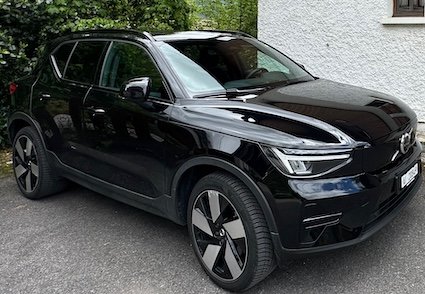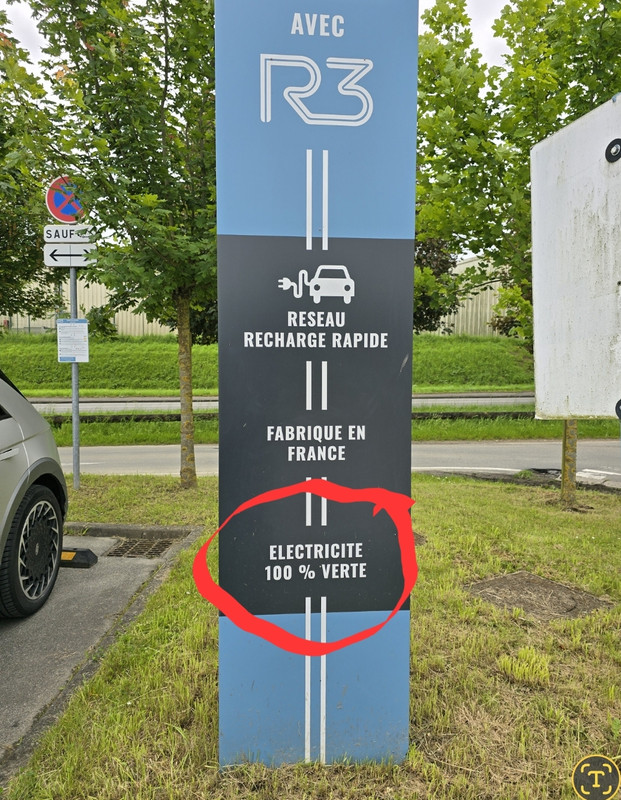Just back from renting a Volvo XC40 EV in the French Alps - which worked out cheaper than renting ICE. (£30/day including fuel - BA / Budget rentacar - but see below)
No fan of SUV's, but seemed harmless as an SUV. Build, Noise, Vibration, and ride quality was fine, as was the User interface.
Much higher quality experience than a Tesla 3 or Y, and more intuitive to drive.
420 kms / 275 miles "in the tank" from Budget which is an OK range. Actual range was exactly as predicted overall, but shorter going up mountains and much longer coming down
Topped up the car from my rental property so no fuel cost to me. A saving of about £80 over petrol - not a lot but worth having.
I did check prices in a restaurant car park, 37 cents per KwH, so that 9 cents or 8 pence per mile, if I'd needed to. Call it 10p per mile cheaper than using petrol, IF you can't top up for free.)
Kept an eye on local charger availability. Only once saw chargers where there wasn't one available.
Would I buy a Volvo XC40 Recharge? No, but I wouldn't buy an SUV. Would I rent one again? Certainly, but I'd rather try a Polestar or hatchback sized one next time

.




